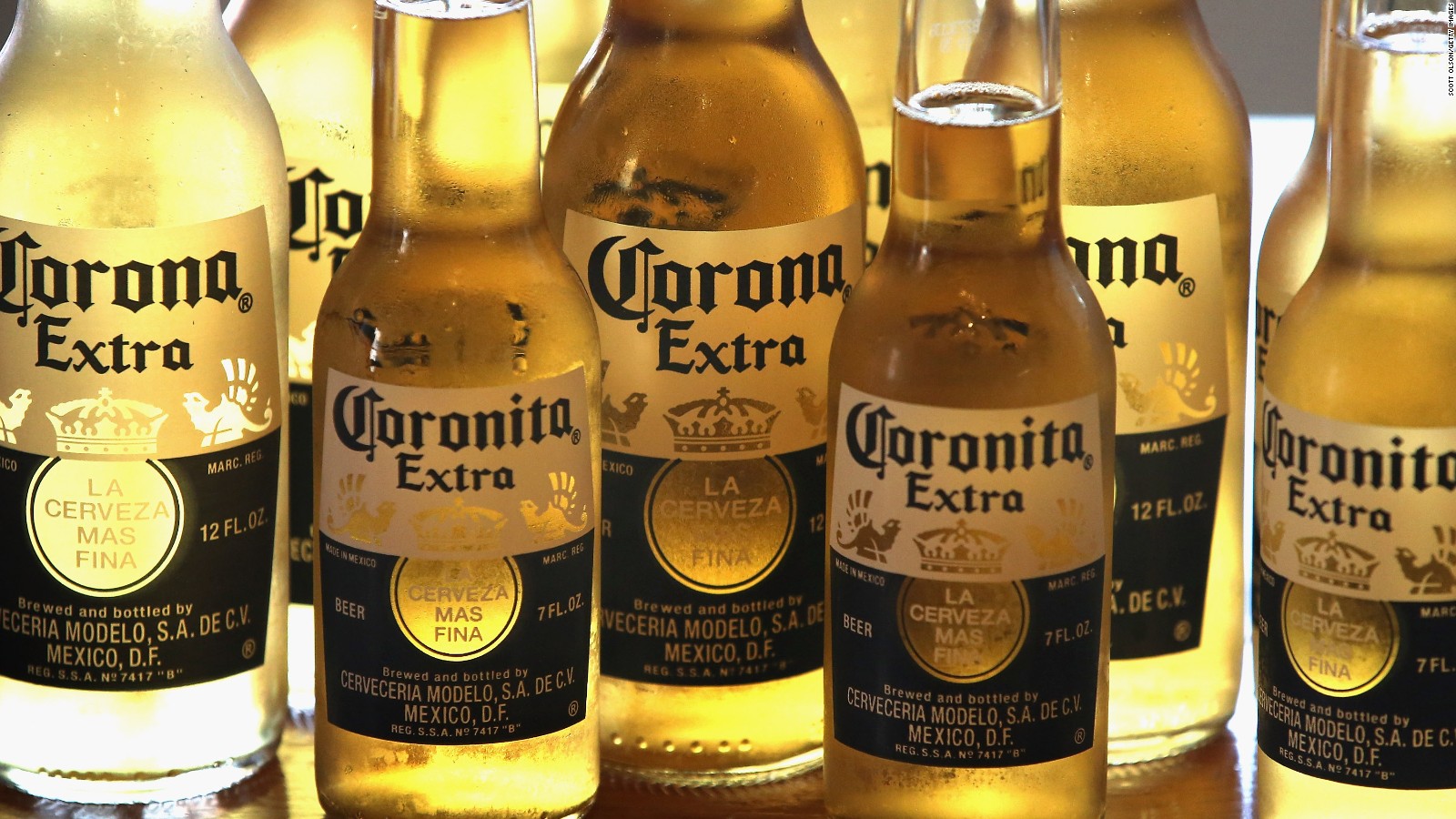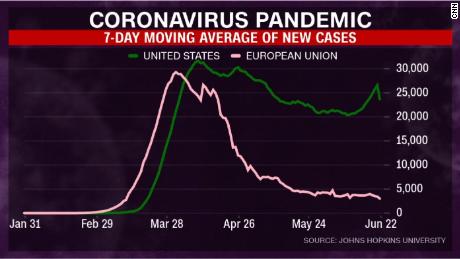
To test it in humans, researchers combined nirmatrelvir with a boosting agent called ritonavir. When mice were given the drug, known as nirmatrelvir, it blocked the coronavirus. The researchers made a number of modifications to the molecule, including some that made it effective in a pill. They reasoned that since Covid-19 was also caused by a coronavirus, those molecules might hold promise as an antiviral against the new disease.

They eventually shelved those efforts, but at the start of the Covid-19 pandemic, Pfizer took a fresh look at the molecules the researchers had developed years earlier. The origins of Paxlovid reach back to the early 2000s, when researchers were searching for a cure for SARS, another disease caused by a coronavirus. Before prescribing Paxlovid, doctors need to check for other drugs their patients are taking which might interfere with it. in December 2021, it is now in use around the world. It is strongly recommended by both the National Institutes of Health and the World Health Organization for people with mild to moderate Covid who are at high risk of hospitalization. Paxlovid is a five-day course of pills developed by Pfizer. WIDELY USED EVIDENCE IN CELLS, ANIMALS AND HUMANS EMERGENCY USE AUTHORIZATION Scientists have now developed antivirals that work against the new coronavirus. and hepatitis C from hijacking our cells. Promising Tentative or mixed Not promising PseudoscienceĪntivirals can stop viruses such as H.I.V. In some cases, scientists are testing out treatments that were developed for other diseases, allowing them to move directly to human trials for Covid-19.Īll treatments F.D.A. Many of those animal experiments often fail if they don’t, researchers may consider moving on to research on humans, such as retrospective studies or randomized clinical trials. Researchers often start out with experiments on cells and then move onto animals. Some people have even been arrested for their false promises of a Covid-19 cure.ĮVIDENCE IN CELLS, ANIMALS or HUMANS: These labels indicate where the evidence for a treatment comes from.

Experts have warned against trying them, because they do not help against the disease and can instead be dangerous. PSEUDOSCIENCE OR FRAUD: These are not treatments that researchers have ever considered using for Covid-19. NOT PROMISING: Evidence gathered so far does not indicate that these treatments work against Covid-19. Some treatments have produced different results in different experiments, raising the need for larger, more rigorously designed studies to clear up the confusion. Others have yielded encouraging results in retrospective studies in humans, which look at existing data rather than starting a new trial. TENTATIVE OR MIXED EVIDENCE: Some treatments show promising results in cells or animals, which need to be confirmed in people. This category includes treatments that have shown improvements in morbidity, mortality and recovery in at least one randomized controlled trial, in which some people get a treatment and others get a placebo. PROMISING EVIDENCE: Early evidence from studies on patients suggests effectiveness, but more research is needed. NOT CURRENTLY AUTHORIZED: These treatments received emergency use authorizations to treat previous variants of the coronavirus, but are no longer authorized because of the prevalence of the Omicron variant. WIDELY USED: These treatments have gained strong endorsements from medical organizations for Covid-19 patients or are already used widely by doctors and nurses to treat patients hospitalized for many diseases that affect the respiratory system. For each entry, we review the evidence for or against its use, based on published scientific findings and consultation with experts. Meanwhile, fake claims and pseudoscience have promoted bogus cures.īelow is an updated list of 36 of the most talked-about drugs and treatments for Covid-19. Other drugs and treatments have failed the test of science and have been abandoned. Some are still ongoing, having yet to yield strong evidence of effectiveness. Some of these investigations have been clear successes, leading to millions of saved lives.

When the Covid-19 pandemic emerged in early 2020, biomedical researchers scrambled to find treatments and drugs that could save the lives of people infected with the coronavirus. The Food and Drug Administration maintains a list of authorized and approved drugs and treatments, and the National Institutes of Health regularly updates its guidelines for treating Covid. This tracker followed the early development of Covid drugs and treatments through August 2022.


 0 kommentar(er)
0 kommentar(er)
